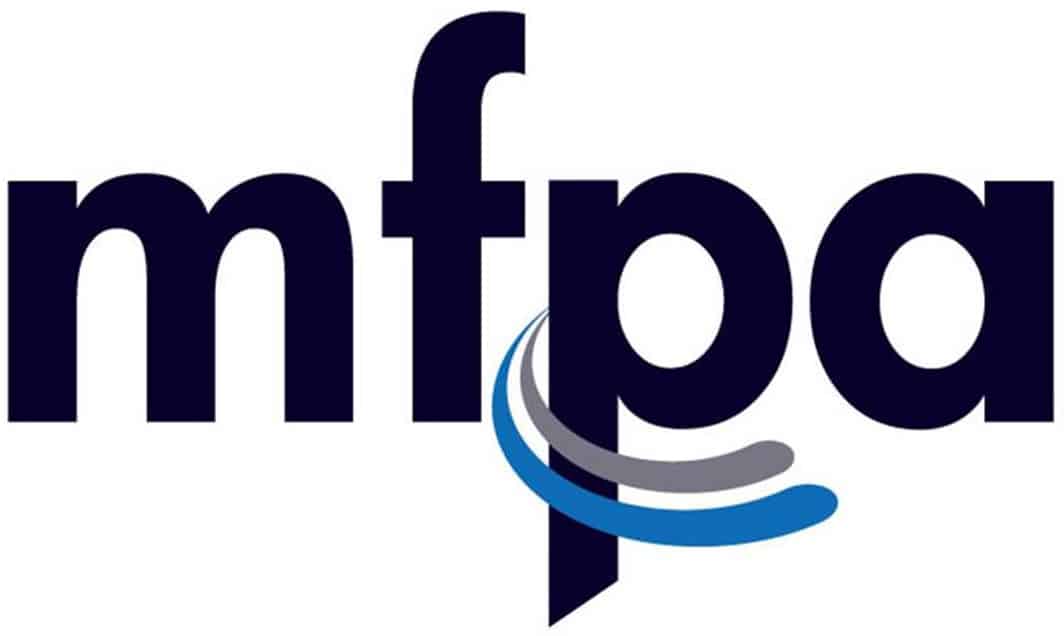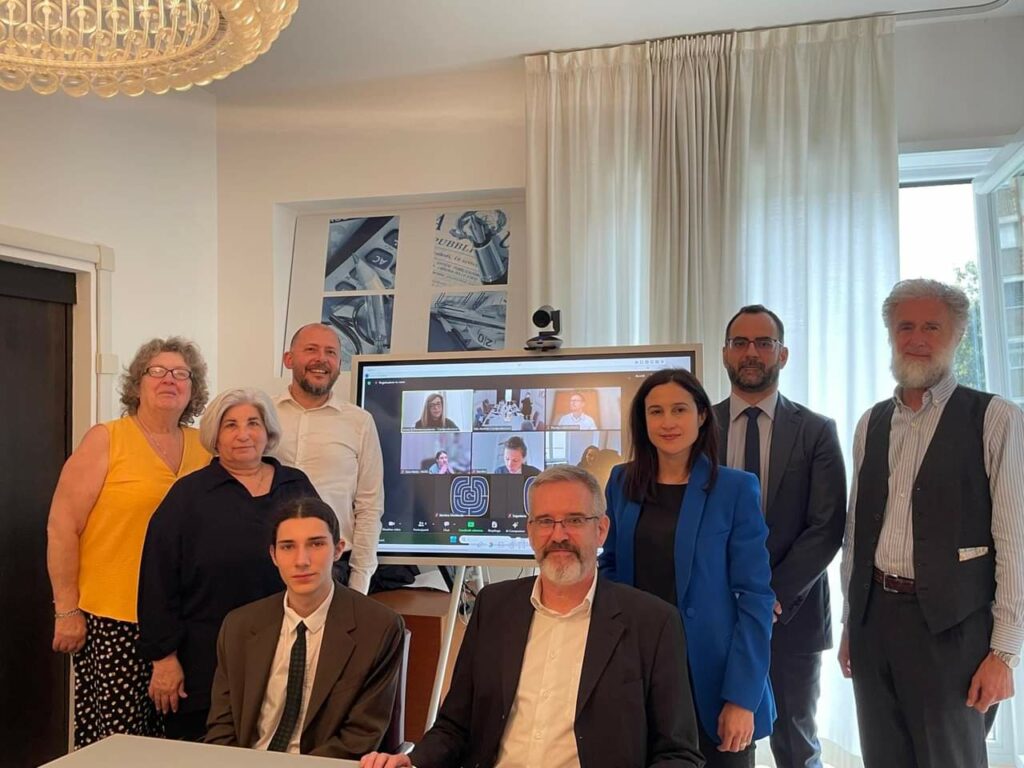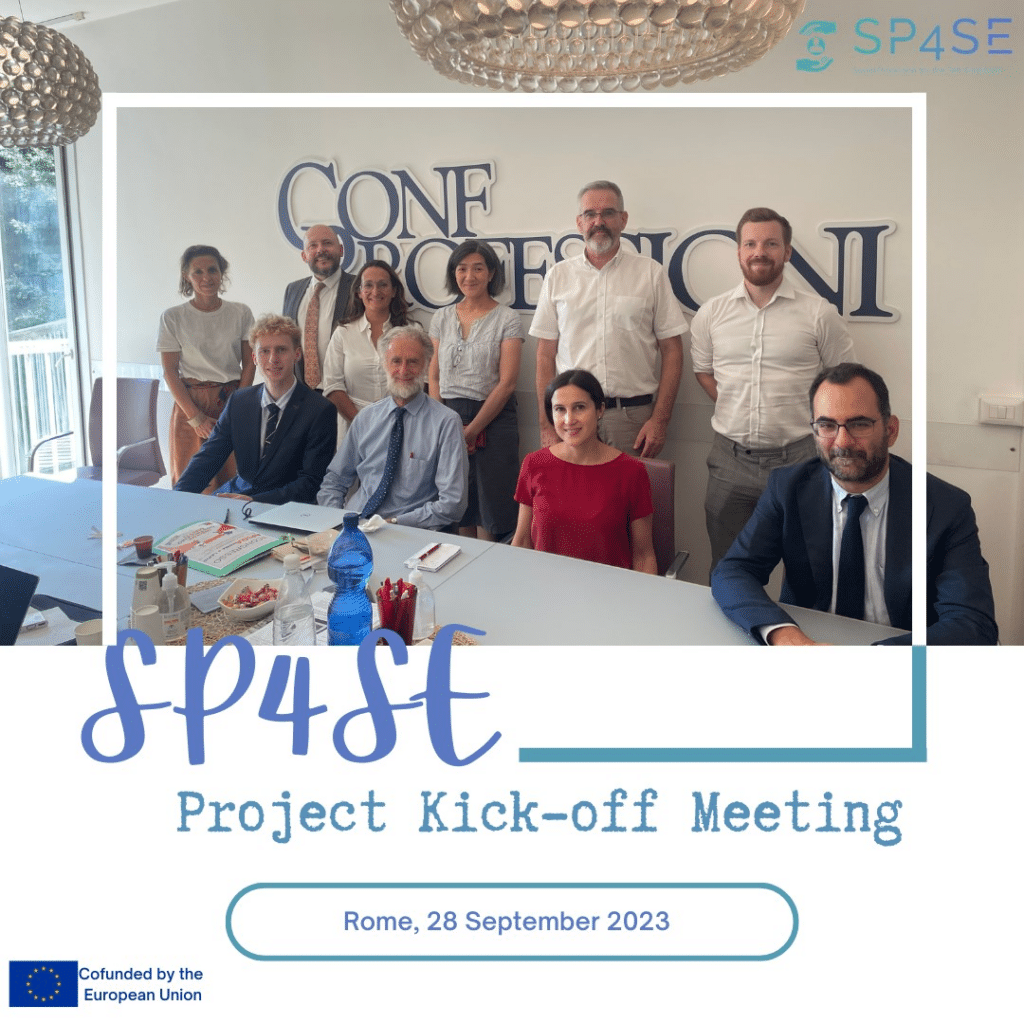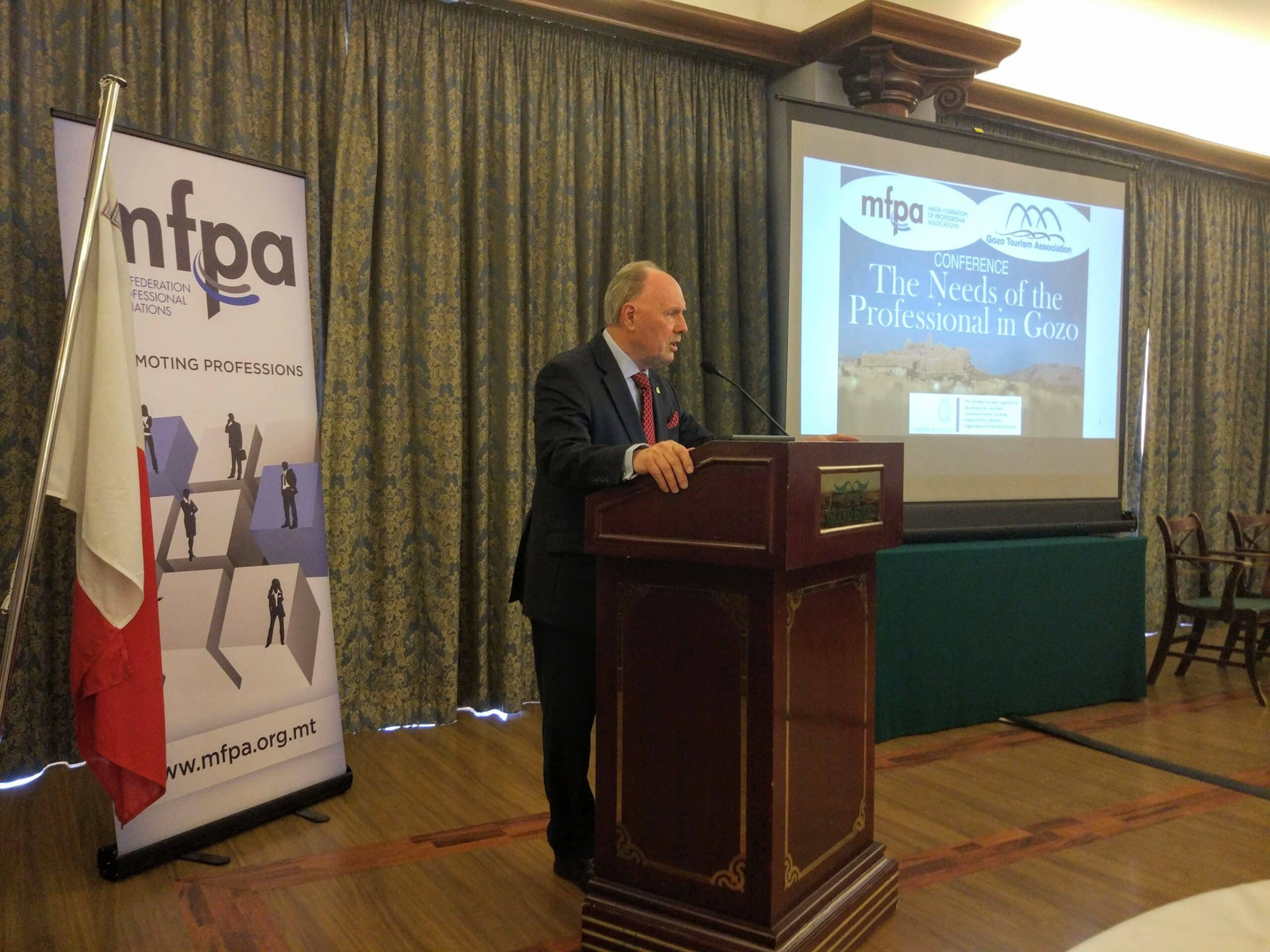
The Needs of the Professional in Gozo
Are there any differences between a professional in Gozo and that in Malta? Are there different needs?
Date: 23rd November 2018
The Malta Federation of Professional Associations (MFPA), in partnership with the Gozo Tourism Association (GTA), was awarded funds by the Ministry for Gozo NGO Assistance Scheme to carry out the project: Professionals in Gozo – What are their needs? Given the impact that a professional has on the quality of life of the consumer and thus on society at large, it is important to see that both the professional’s and the consumers’ needs are met through the delivery of good quality service, promote the wellbeing of individuals and enhance economic growth. This project aimed to look closely at the professional in Gozo and evaluate what issues need to be addressed. It also aimed at bringing together different professions who otherwise may not have the opportunity to share experiences, needs and concerns, hence encouraging transdisciplinary discussion.
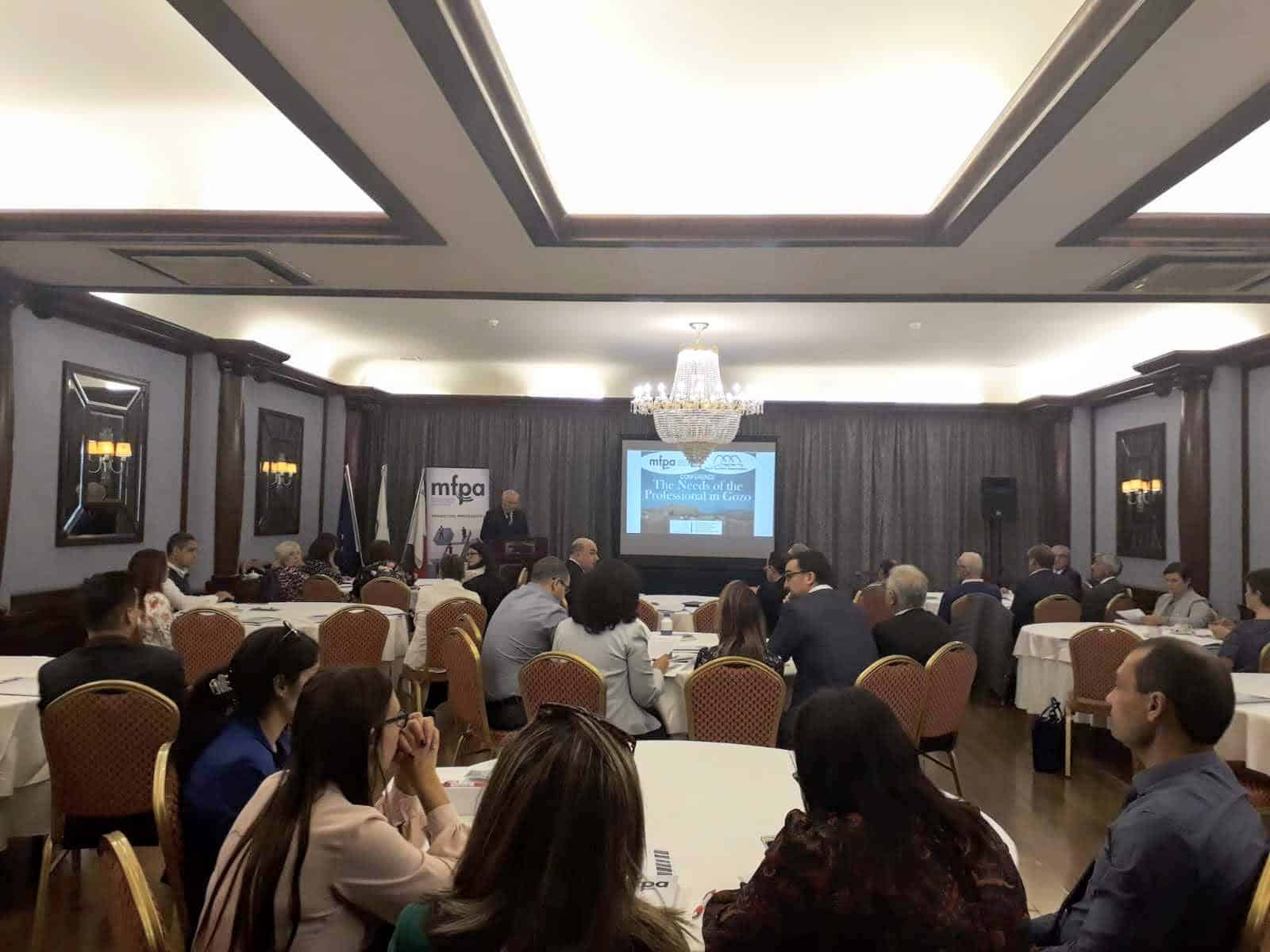
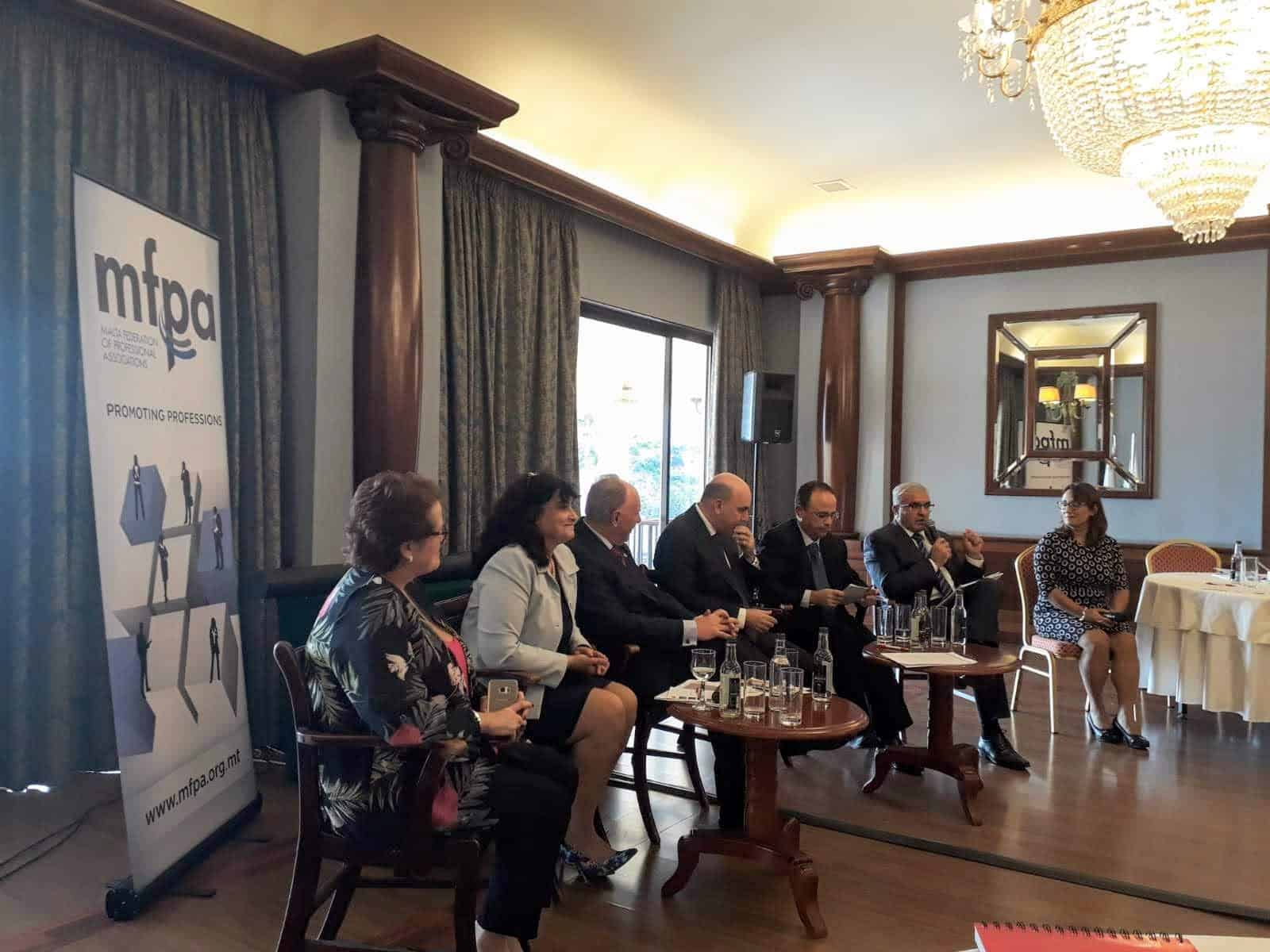
Are there any differences between a professional in Gozo and that in Malta? Are there different needs? Does a professional set different working practices when delivering a service in Malta rather than in Gozo? These issues were discussed during an initial seminar that was held in July 2018. A survey was then drafted to carry out research amongst professionals providing services in Gozo. Research findings were then presented during a final conference on 23 November 2018
